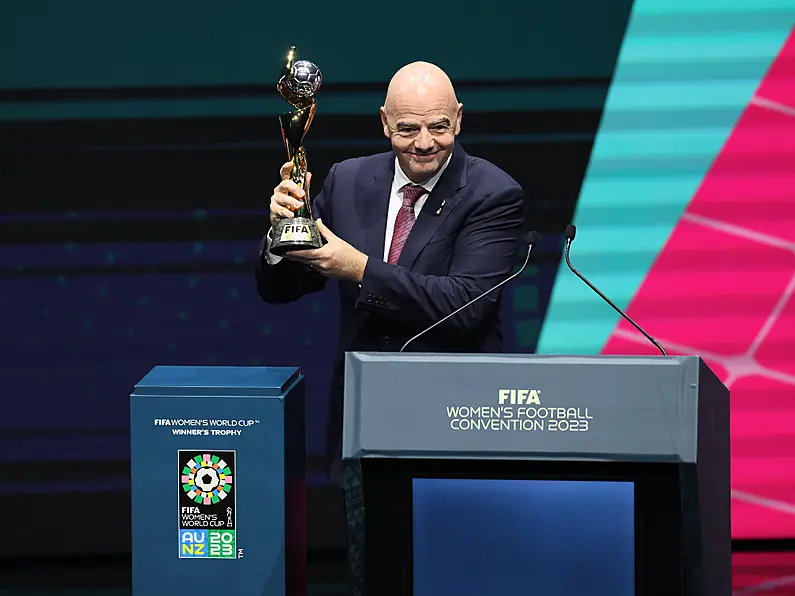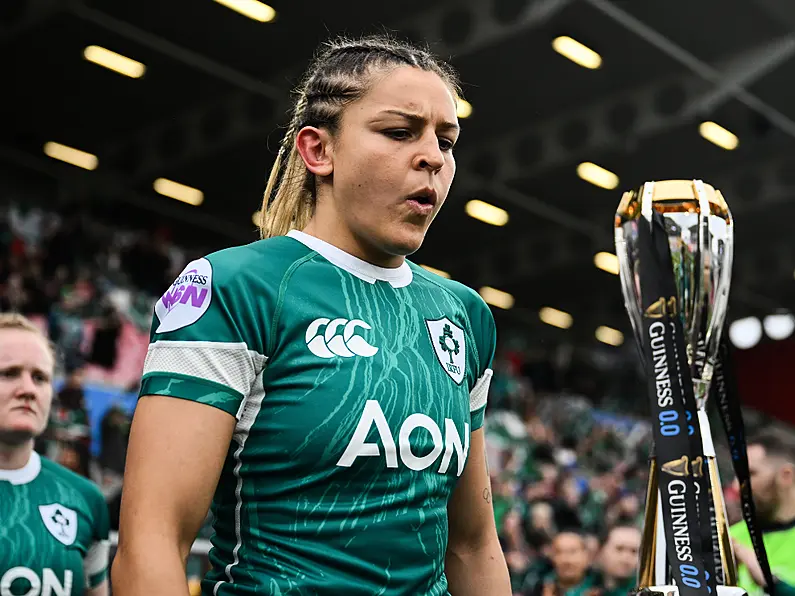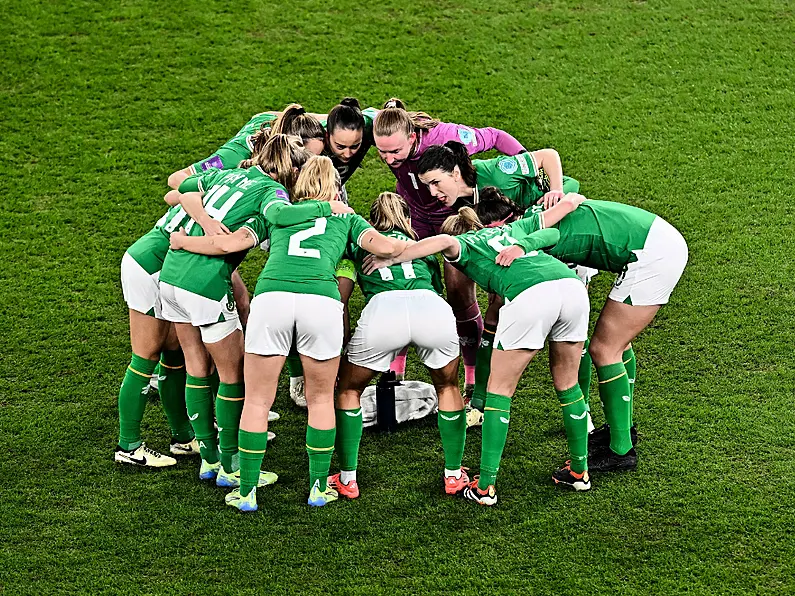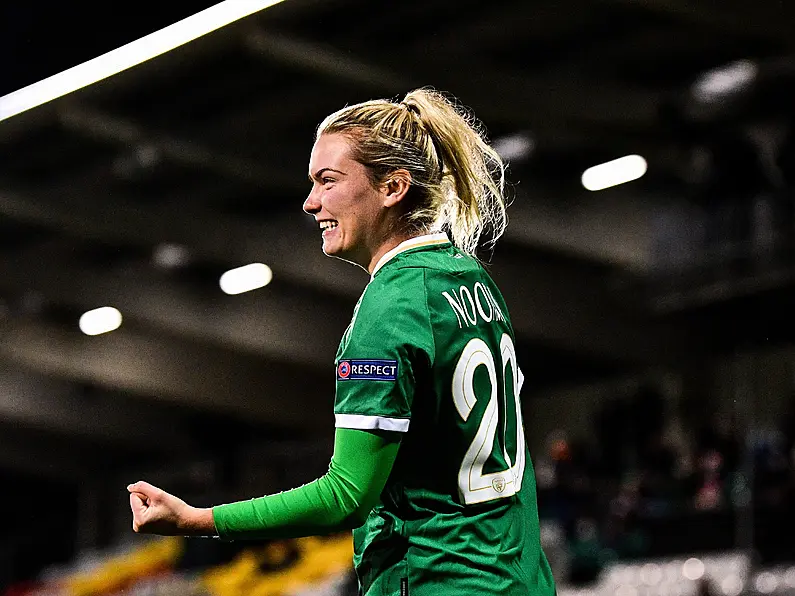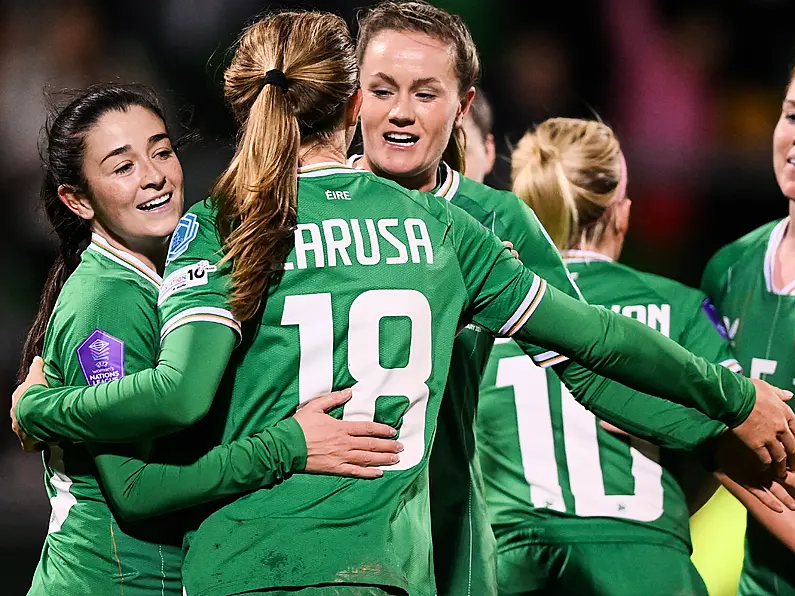In a controversial speech ahead of the much-anticipated FIFA Women's World Cup final between England and Spain, FIFA President Gianni Infantino has sparked a firestorm of criticism and debate over his remarks regarding gender equality in football.
Infantino's statement that women should "pick the right battles" to "convince us, men, what we have to do" has been met with strong critcism. The FIFA chief's words seemingly place the responsibility for driving change solely on the shoulders of women, rather than acknowledging the systemic issues and imbalances that persist within the sport.
This quote is actually…extraordinary. Though we shouldn’t be surprised. We’ve been battling for decades against this sort of nonsense. So, so poor from Infantino. https://t.co/U68PZchMyq
— Jacqui Oatley (@JacquiOatley) August 18, 2023
Infantino's position as the head of the most powerful organization in world football gives weight to his words, but his stance on the matter has left many baffled and frustrated. The president's suggestion that women possess the power to change the narrative surrounding gender equality within football has been met with skepticism, particularly from those who believe that true progress requires a collective effort and systemic reform.
Former Ballon d'Or winner Ada Hegerberg responded to Gianni Infantino after the FIFA president said women need to "pick the right battles" and "convince men" to enforce change. pic.twitter.com/8zccQ7Lls7
— ESPN FC (@ESPNFC) August 18, 2023
Former Ballon d'Or winner Ada Hegerberg was among the first to express her disagreement, leading the backlash on social media. Hegerberg's response was echoed by a multitude of voices, both men and women, who found Infantino's perspective out of touch with the realities of gender disparities in sports.
"You have the power to change"
FIFA president Gianni Infantino says women should "pick the right battles" to bring progress in football ⬇️ pic.twitter.com/4pMnJrMHje— Sky Sports News (@SkySportsNews) August 18, 2023
The criticism has extended to the funding and prize money discrepancies between men's and women's tournaments. While the prize pool for the 2023 Women's World Cup has seen a significant increase to $110 million, it pales in comparison to the staggering $440 million awarded at the 2022 men's competition in Qatar. Despite Infantino's claims that the women's game is moving in the right direction financially, the glaring inequality remains a point of contention.
Infantino's assertion that equal pay in the Women's World Cup would be a mere "symbol" and would not "solve anything" if broader development targets are not achieved has further fueled the debate. This sentiment clashes with the prevailing call for equal pay as a fundamental step toward addressing the long-standing inequities in the sport.
The President's suggestion that women need to "convince" men of their worth has been met with a mixture of ridicule and frustration. Many have argued that the onus should be on those in positions of power, like Infantino himself, to proactively dismantle systemic barriers and ensure fair treatment and opportunities for all athletes, regardless of gender.
Despite the controversy, the Women's World Cup has showcased the growing popularity and potential of women's football. Record-breaking viewership figures in Australia and the UK have underlined the global appetite for the sport and the ability of women's teams to captivate audiences. The tournament's expansion to 32 teams and its joint hosting by multiple countries have contributed to its financial success, as evidenced by the over $570 million in revenues generated.
While the Women's World Cup has taken strides toward addressing financial disparities and promoting women's football, the debate ignited by Infantino's remarks underscores the ongoing need for concerted efforts to achieve true gender equality in sports.
